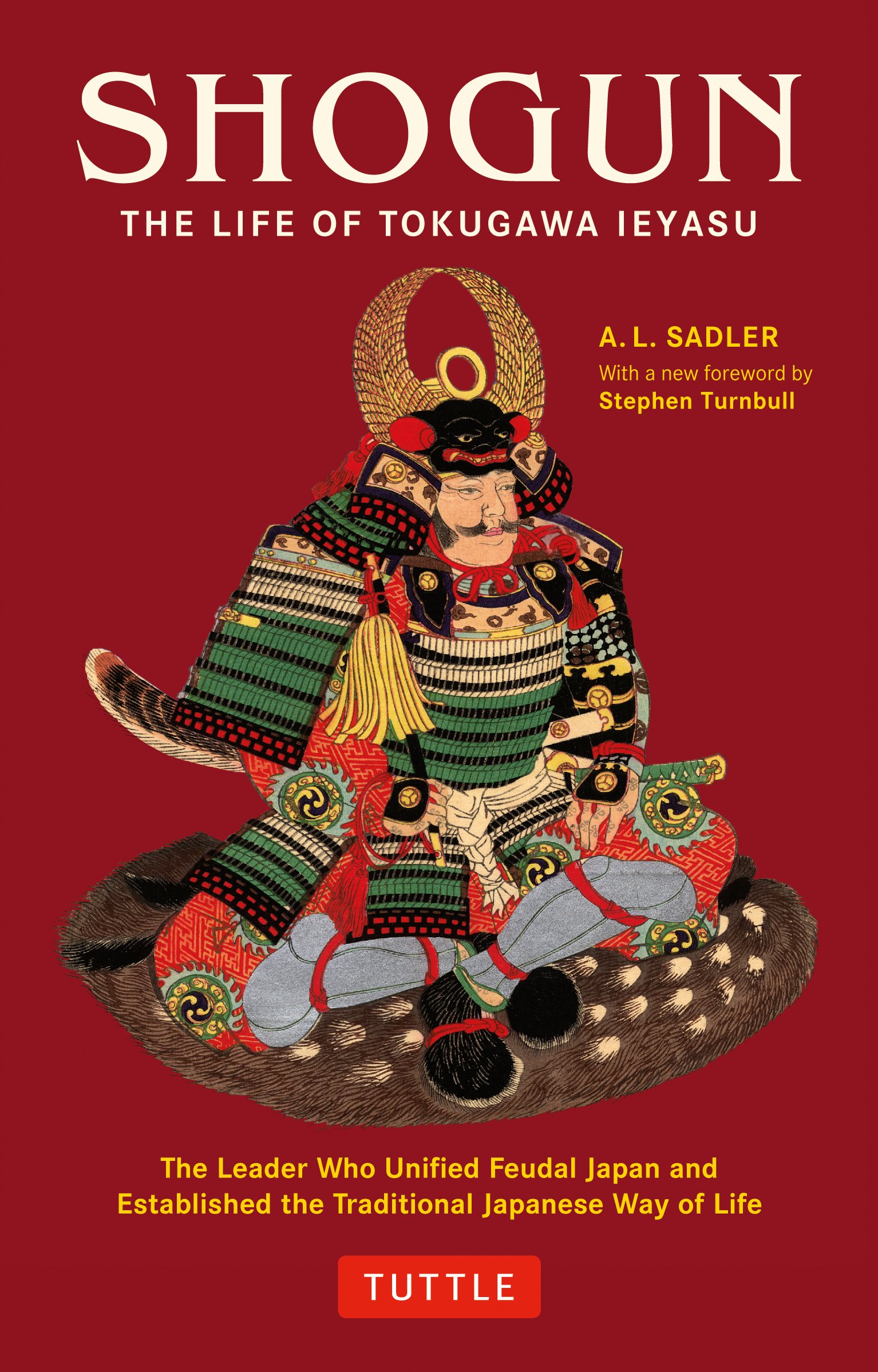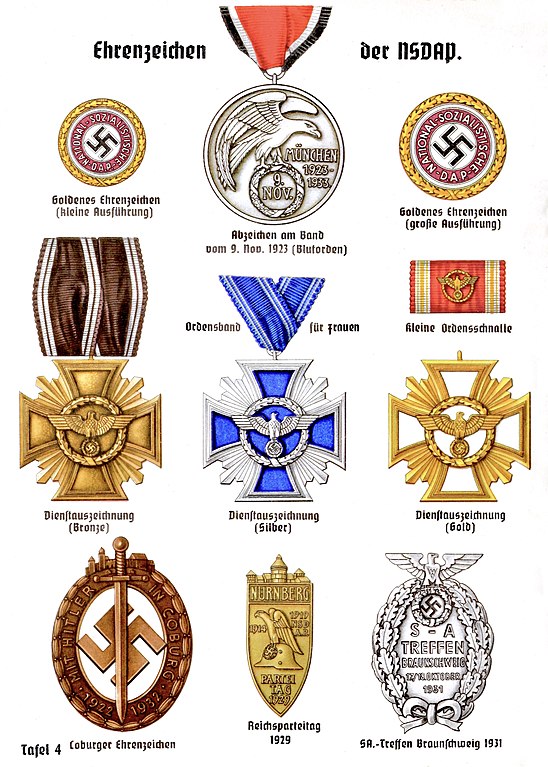
Shogun: The Life of Tokugawa Ieyasu
Since its initial appearance, A.L.Sadler’s imposing biography of the Japanese Shogun Tokugawa Ieyasu has been recognized as an outstanding contribution to the knowledge of Japanese history. It is also considered the standard reference work on the period that saw the entrenchment of feudalism in Japan and the opening of some two and a half centuries of rigid isolation from the rest of the world.
In the course of Japanese history, there have been five great military leaders who by common consent stand out above the others of their type. Of these, two lived in the twelfth century, while the other three, Oda Nobunaga, Toyotomi Hideyoshi, and Tokugawa Ieyasu, were contemporary in the latter half of the sixteenth century. The last of these three, with whose life Mr. Sadler deals, may well be described as having perfected the shogunate system. Not only did Ieyasu found a dynasty of rulers and organize a powerful system of government, but also he rounded off his achievements by contriving before his death to arrange for his deification afterward.
As Mr. Sadler notes, “Tokugawa Ieyasu is unquestionably one of the greatest men the world has yet seen,” and this fascinating account of Ieyasu’s life and times is presented in a thoroughly absorbing narrative in which dramatic highlights abound.
Japan’s feudal age came to a close in 1868 with the downfall of the Tokugawa Shogunate and the restoration of the Emperor to political power. The event marked the end of the powerful regime that Ieyasu established at the beginning of the seventeenth century. That it did not at the same time mark the eclipse of Ieyasu’s greatness is sufficient testimony to the major role he played in his country’s history. It is to A. L. Sadler’s lasting credit that he has brought this eminent but often ruthless military leader so vividly to life.
$24.95
IMPORTANT: As an Amazon Associate, I earn from qualifying purchases.
Related products
-

Women in the Great War
$6.50 Get it from Amazon -

The Kaiser’s Army: The German Army in World War One
$27.49 Get it from Amazon -

The Medal of Honor: The Evolution of America’s Highest Military Decoration
$39.95 Get it from Amazon -
Sale!

The Cross of Iron by Willi Heinrich
$7.99Original price was: $7.99.$5.99Current price is: $5.99. Get it from Amazon -

The Rise and Fall of the Third Reich: A History of Nazi Germany
$29.30 Get it from Amazon -

Histories of the Hanged: The Dirty War in Kenya and the End of Empire
$21.69 Get it from Amazon -

The Forever War
$12.99 Get it from Amazon -

The Forgotten 500: The Untold Story of the Men Who Risked All for the Greatest Rescue Mission of World War II
$13.29 Get it from Amazon -
Sale!

Desert Storm Air War: The Aerial Campaign against Saddam’s Iraq in the 1991 Gulf War
$27.95Original price was: $27.95.$25.95Current price is: $25.95. Get it from Amazon -

Desert Redleg: Artillery Warfare in the First Gulf War
$30.37 Get it from Amazon










